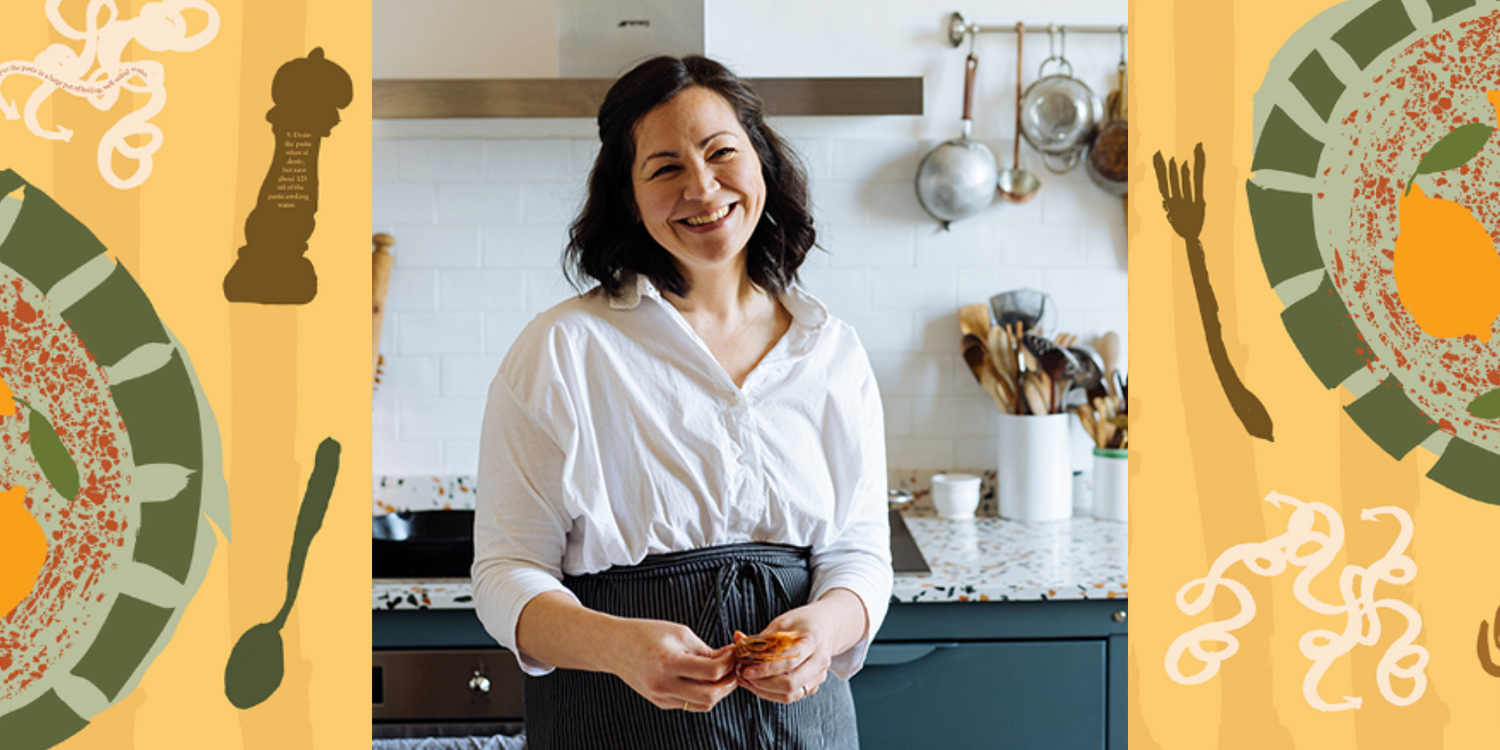We work with charities like SecondBite and OzHarvest who are dedicated to saving edible food that would otherwise go to waste. From there, they either distribute the produce across the country to charity kitchens or whip up nutritious meals themselves to help feed people in need.
Over one third of the food produced world-wide goes to waste and the environmental impact of this is harrowing. What’s more, it’s estimated that households spend up to $2500 on wasted food. Yikes!
But the good news is, adopting some of these habits to reduce food waste that we’ve laid out below, is an effective way to address climate change and help lower your household costs.
STORAGE
Give your veggies the best chance at survival by storing them properly.
-
Avocados can be stored submerged in water to stop them from going brown.
-
While we love our tomatoes at room temperature on the counter, best to move them to the fridge if they are getting too soft too fast.
-
Keep your herbs in the plastic sleeve they come in but slide in a sheet of paper towel to absorb the excess moisture that causes them to wilt.
LEFTOVERS
Breath new life into your leftovers.
-
Turn leftover roast chicken into delicious chicken salad sandwiches.
-
Stale baguette? Run it under water and then bake it in a 160C oven for 5 minutes for deliciously crusty warm bread.
-
Save your excess steamed rice to use the following days for fried rice. We love this recipe by Jessica Nguyen
SCRAPS
Get the most out of your produce.
-
Keep your Parmesan rinds and throw one into your next bolognese, it imparts a delicious flavour.
-
Save the liquid from your canned chickpeas and use it as an egg white substitute in cocktails and chocolate mousse.
-
Use up the whole vegetable! Despite what common kitchen rules state, you don’t actually have to snap off the end of asparagus spears, peel carrots, or discard broccoli stems.
-
Use a peeler to shave off any fibrous ends of your asparagus, scrub your carrots under water, and julienne broccoli stems to cook alongside the florets.



